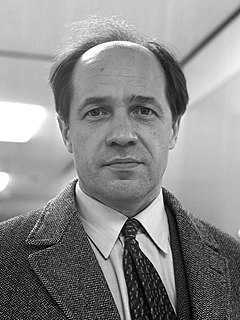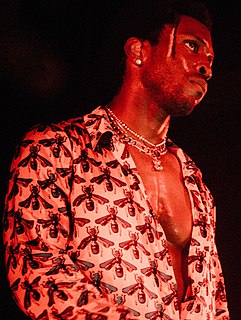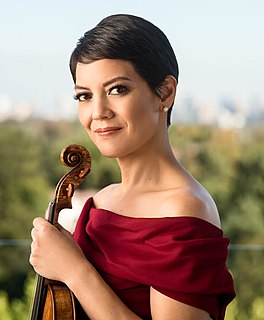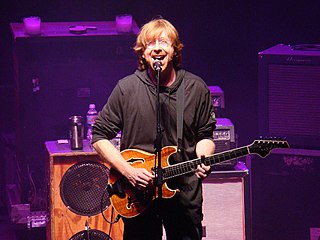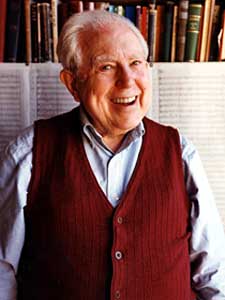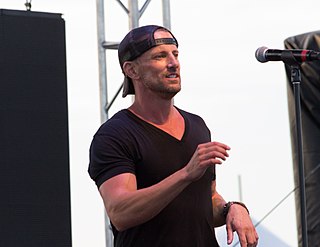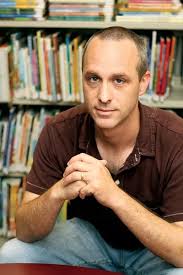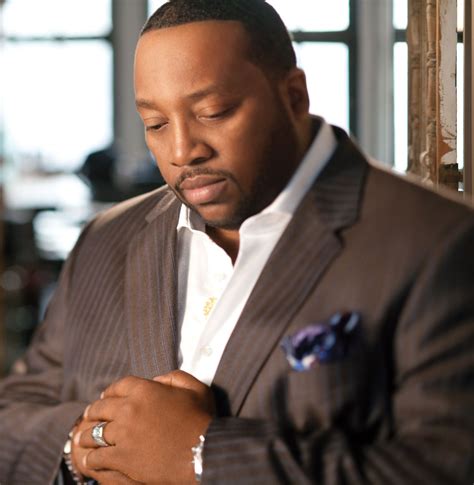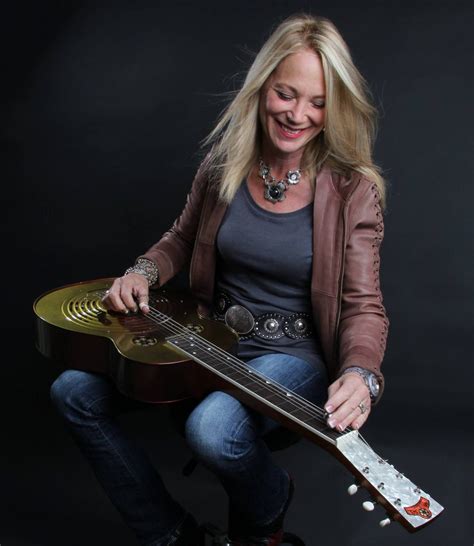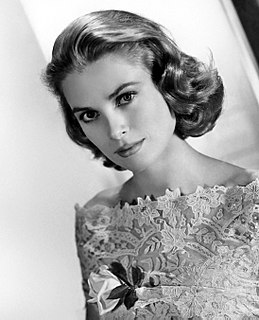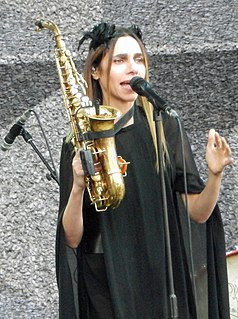A Quote by Pierre Boulez
I wanted contemporary music to be treated the same as the traditional repertoire - performed regularly by people who knew each other and the music. That is the way you convince an audience.
Related Quotes
I was really sick of bands just ignoring the audience as a posture in rock music. And I think we fed off each other in terms of trying to engage the audience, not in a hammy way, but actually trying to be aware of the space that you are playing in and trying to connect in some way through the music.
My pieces usually are programmed on concerts in which the other works are standard repertoire. My music always sounds very different when it's on a concert of all contemporary music. It always seems to stick out at an odd angle. This also makes me think of a question I sometimes debate with my friends: does the music of a composer directly reflect that composer's personality? This is a difficult one, but I think it usually does.
I think I'm really part of a whole generational movement in a way. I think a lot of other people since and during this time have gotten interested in writing what we can still call experimental music. It's not commercial music. And it's really a concert music, but a concert music for our time. And wanting to find the audience, because we've discovered the audience is really there. Those became really clear with Einstein on the Beach.
The music certainly plays a major role. You can be free enough to comfort each other, to touch each other, to embrace each other, to engage each other, to not be afraid of each other. The music certainly has that very strong element. Go back to folk songs, gospel, jazz, and spirituals. See, all of that came out of tremendous pain and hurt, rejection, loss, alienation, and abandonment. What I'm doing is I'm expressing my pain and hope at the same time.
What's always struck me is how different the sensory, especially auditory, experience is when you're in the middle of the music with the musicians playing off each other around you. I wanted to find a way to unlock the intensity of that, to recreate that unique perspective, first for the hundreds of people who attended the concert, and eventually for a much larger online audience.
No sooner had he thought this than he realized what was anchoring his happiness. It was purpose. He knew what he wanted to do. He knew the way he thought things should be, and Mr. Harinton was proving that other people--even adults--could feel the same way. Nicholas had something to aim for now. He might not know what he wanted to be when he grew up, but he knew with absolute certainty how he wanted to be.
The concept of what I want to do as an artist has not changed at all. When I was seven years old, I fell in love with writing songs and knew I wanted to make music and play it for a lot of people. Back then I said I wanted to heal people with music and bring them together. I called my music, "PAZZ," which means pop and jazz. To this day, all of those things still ring crystal clear.
